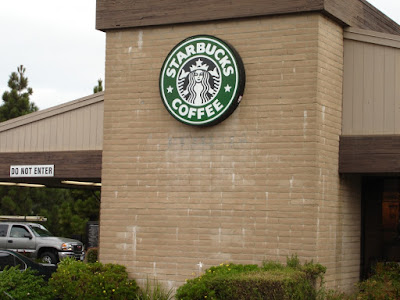What Makes Cities Creative?

Calcutta Coffee House - Famed but Forgotten One of the key arguments in favour of urbanisation is that cities can be creative and innovative in a way the rural life may never be. This is indeed a very modern idea - and perhaps one of the signature ideas of modernity - as Cities, at least until the 19th century, was considered a place of squalor and crime. Until then, cities were economic and administrative necessities, and existed in forms of Forts, Bazaars, and after the eighteenth century, increasingly as Factory towns. Creativity resided elsewhere, closer to nature. Since the end of 19th century this started changing. The improvements in sewage and transportation made cities very different place than they were before. Mid-19th century also saw shaping of some of the great modern cities, Paris and Vienna among them. A celebration of cities such as Athens, Florence or Edinburgh, as places of ideas, entered the conversation. Cities, as places that brought people to...
